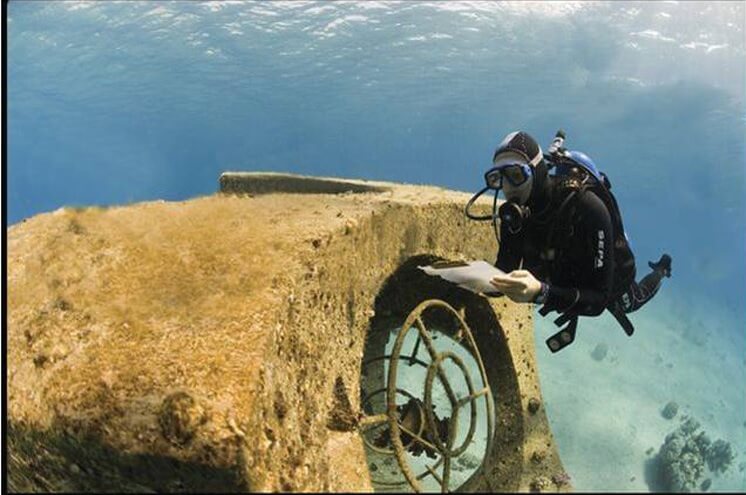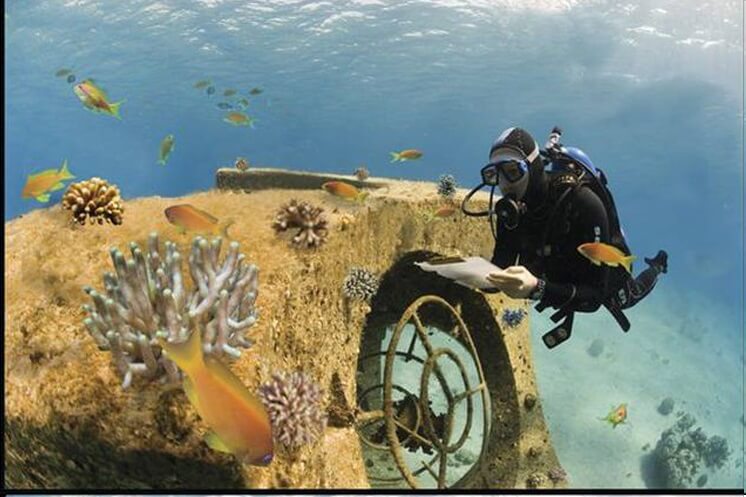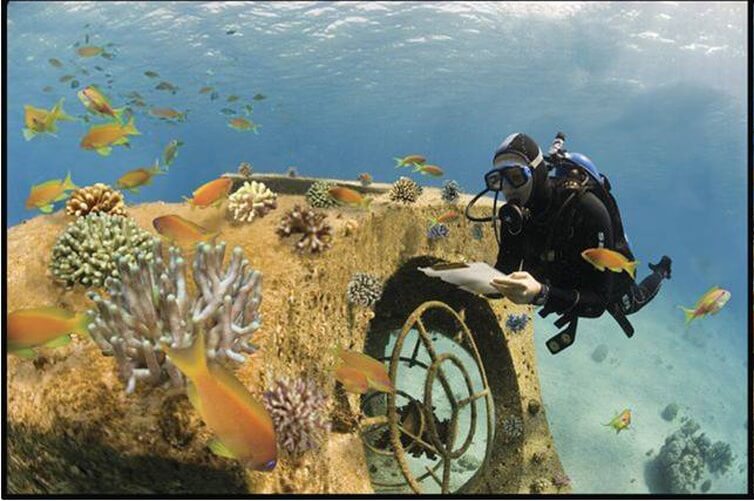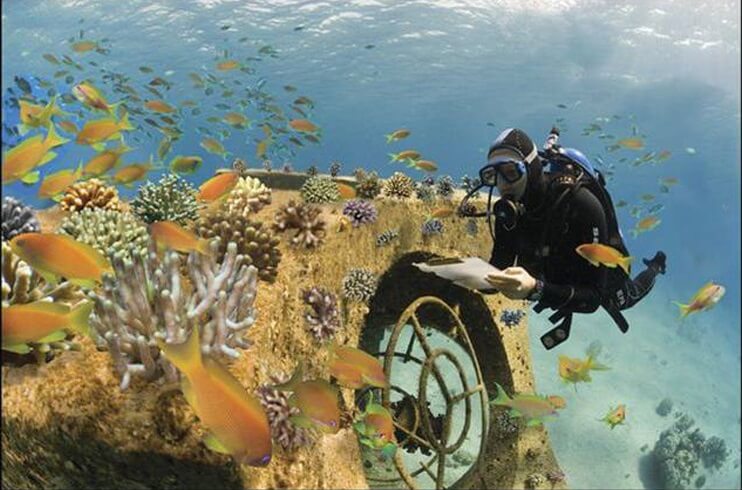It turns out, at least according to the current research, that the concept of "biodiversity" is also clear to the general public and gives it no less value than it does to scientists.

Does the general public, no less than scientists, understand and be aware of the value of "biodiversity" in nature?
In a study conducted by doctoral student Omer Polak from the Marine Biology and Biotechnology Program of Ben-Gurion University of the Negev, under the direction and assistance of Dr. Nadav Shesher, divers were asked to commit to donating money (which was ultimately not collected) to improve the condition of the coral reef in Eilat to various levels. The researchers made sure that the respondents were without biological knowledge or knowledge of marine science. Despite this, the respondents were willing to contribute significantly more money to improve the diversity of fish and coral species than, for example, to just increase their number or reach bigger corals. This indicates an intuitive understanding of the essence of biological diversity and its importance.
It should be noted that researchers and scientists have been claiming for many years the importance of "biodiversity". However, the essence of diversity is often described using complex formulas and complicated measures, until the concept becomes a kind of secret word for those who know a secret. 'Biological diversity' is the diversity among all living things on earth: from a microscopic virus, soil fungus and single-celled algae to complex and large animals and plants. These organisms exist on land, in the sea and in fresh water and create complex ecosystems in them.
And here, it turns out, at least according to the current research, that the concept of "biodiversity" is also clear to the general public and it gives it no less value than to scientists.



The study was recently published in the Journal of Marine Science
http://icesjms.oxfordjournals.org/content/early/2013/05/22/icesjms.fst014.full.pdf?keytype=ref&ijkey=FhPlLS1XvRedy2j

4 תגובות
There are successful settings that everyone uses.
If you search for the phrase on Google, you will find more than twenty occurrences of it.
When quoting a certain definition do you have to specify the definer? Who defined the triangle?
A very successful definition for biodiversity. It would have been appropriate to mention the source from which it was copied (without bothering to change even one word) - http://earthweb.tau.ac.il/?cmd=services
I feel sorry for Omar Polak who is required for such delusional studies.
Pictures of a palm reef with corals are a lie! This is a photoshop job.
Oh, how stupid the researchers are!
I have to respond and say that this is one of the stupidest studies I've heard of.
I am a divemaster and although I have an affinity for biology, there is no connection between these two and understanding the concept of "biodiversity".
This is a concept that every child who reaches middle school learns, it is not considered a concept from the higher language or the one attributed to science or the field of biology only, and certainly not seen as "hidden writing".
I wish that people today could do a doctorate even on the chopchick of the kettle, and would even be appreciated in the name of academia and science..